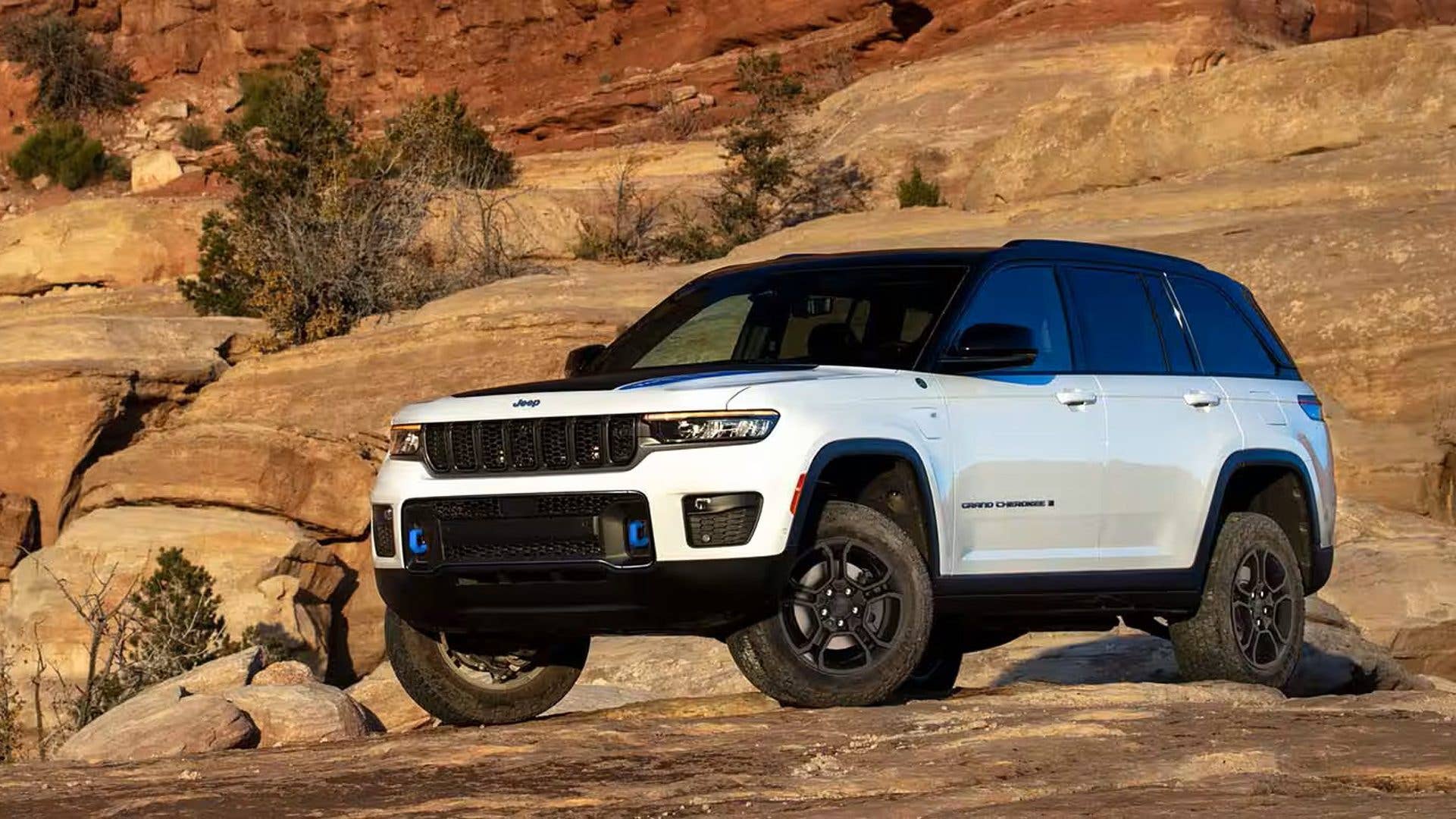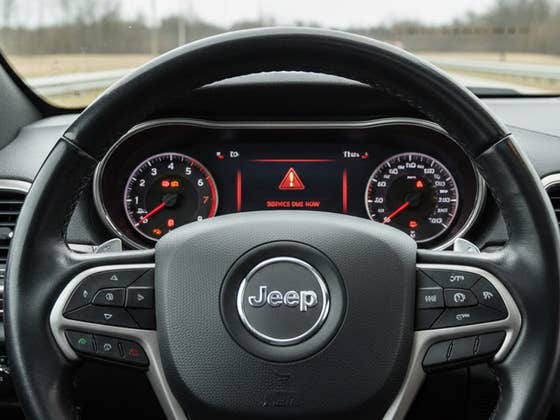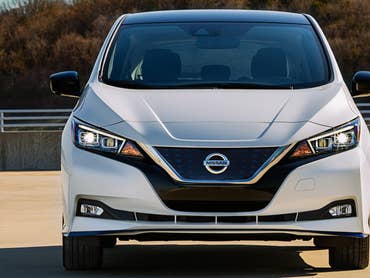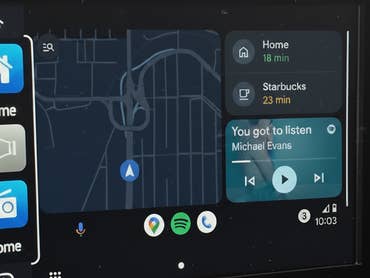Stellantis-owned Chrysler is recalling approximately 91,787 Jeep Grand Cherokee 4xe models built between 2022 and 2026. The recall was published last week by the U.S. Department of Transportation via the National Highway Traffic Safety Administration (NHTSA).
Sudden Power Loss Raises Safety Concerns
While the number of affected vehicles is smaller than the previous recall in July, this issue is more alarming because it directly impacts the powertrain.
According to the report, the problem stems from the hybrid control processor (HCP) software misinterpreting signals from the battery pack control module. This miscommunication can overload the battery pack’s microprocessor, causing it to reset and potentially shut down propulsion entirely. “An unexpected loss of propulsion can cause a vehicle crash without prior warning,” the report states.

NHTSA estimates that about 1% of the recalled vehicles, pr roughly 900 units, may contain the faulty HCP. Chrysler has already received nearly 100 consumer complaints and identified around 320 related cases in service records. While these numbers represent a small fraction of the total, the risk remains critical.
Are EVs More Prone to System Failures?
The report notes that Grand Cherokee models without the HCP, or those built after the vulnerability was identified, are not affected, suggesting the issue is tied specifically to the added hybrid components.
This raises a larger concern that while hybrids and EVs incorporate more complex systems, they also introduce more potential points of failure. Sensitive processors and layered control modules now manage propulsion and battery systems, making them more susceptible to cascading errors.
Other EVs Have Faced Similar Issues
This isn’t an isolated case. Ford’s Mustang Mach-E faced a similar recall due to overheating battery contactors, where software logic failed to manage thermal loads, resulting in sudden power loss. Tesla’s Model S and X have also seen recalls related to unexpected shutdowns or reduced power due to bugs in their battery management systems (BMS).
Even earlier, Toyota’s Prius models from the mid-2010s were affected by faulty ECU software that caused inverter failures and vehicle stalls.
There’s no confirmed fix yet for the Grand Cherokee issue, but Chrysler says it’s working on a solution. The company plans to formally notify affected owners via email by October 23.
Have you owned a hybrid or EV? What’s your experience been like? We’d love to hear it in the comments.





